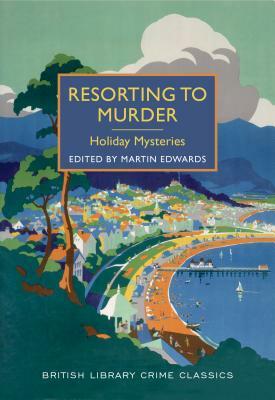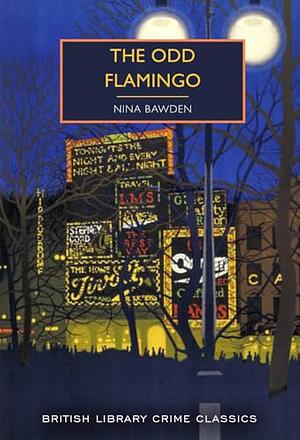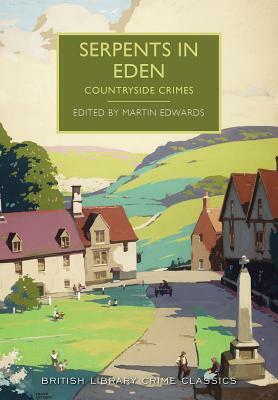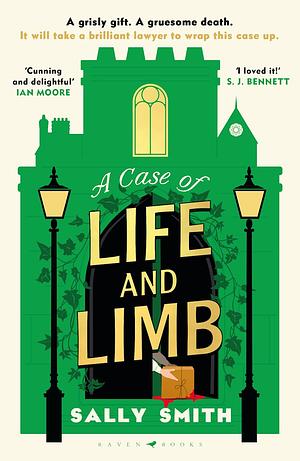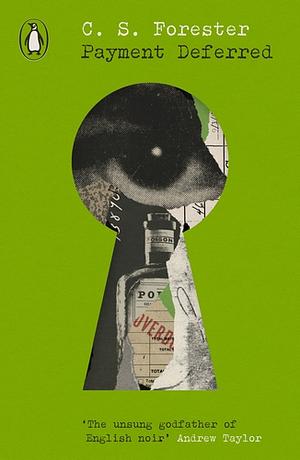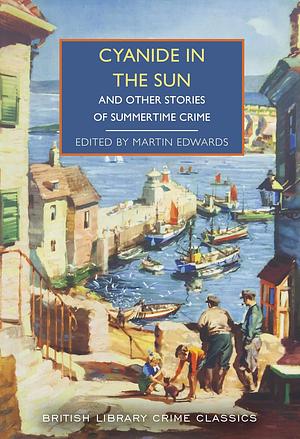
Strange Houses
by Uketsu
Genres: Crime, MysteryPages: 208
Rating:

Synopsis:A Japanese mystery bestseller, revolving around a series of unsettling floorplans, in which the reader is the detective - from the Youtube sensation Uketsu.
A mysterious windowless room on a house's floorplan hints at a hideous secret
A young girl suspects that her cousin's seemingly accidental death was the result of a sinister family tradition
Can you uncover the dark secret of these strange houses? When you do, an unforgettable truth will be revealed.
I really enjoyed the puzzle of Uketsu’s Strange Pictures, so I was really looking forward to Strange Houses, and if anything I think I enjoyed it even more. I ended up reading it really fast, all in one go. I learned from the past and made sure I read it in a physical copy, which made it easier to leaf back and forth looking at the plans (though they’re often repeated and zoomed in etc to follow the analysis in the story, which is helpful).
It’s fun to try and guess what’s going on, and in this book it was a bit easier because you knew all the different floorplans are linked, which helps (you know the sort of thing you’re looking for in each case).
Of course, the answer to the mystery is very convoluted and dramatic, but that was pretty much as expected after reading Strange Pictures, and it felt right for the story that there was this grand… almost a conspiracy theory behind the weird houses.
Overall, looking forward to Strange Buildings, which I gather is coming in 2026? Sooner would be great!
Rating: 3/5 (“liked it”)


